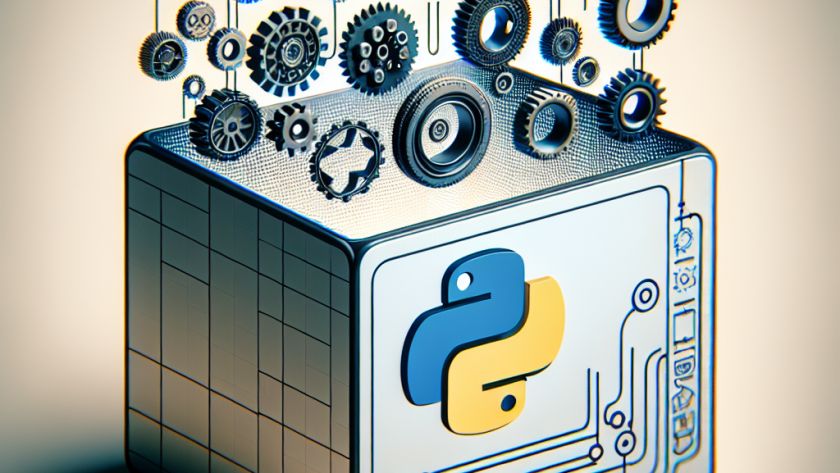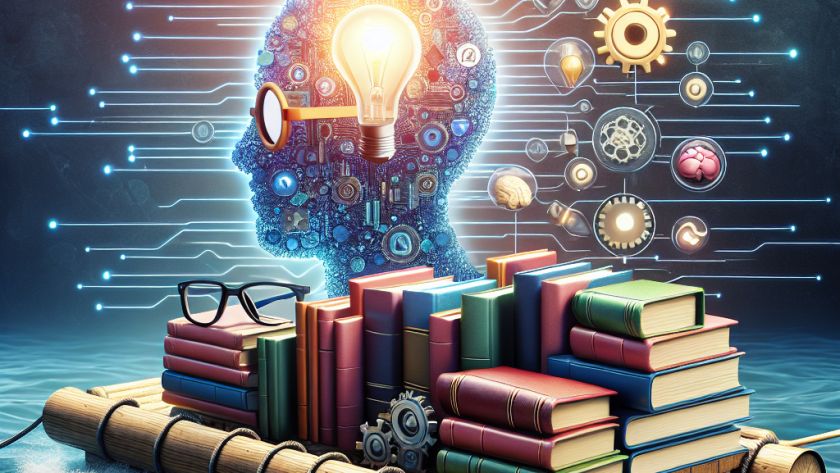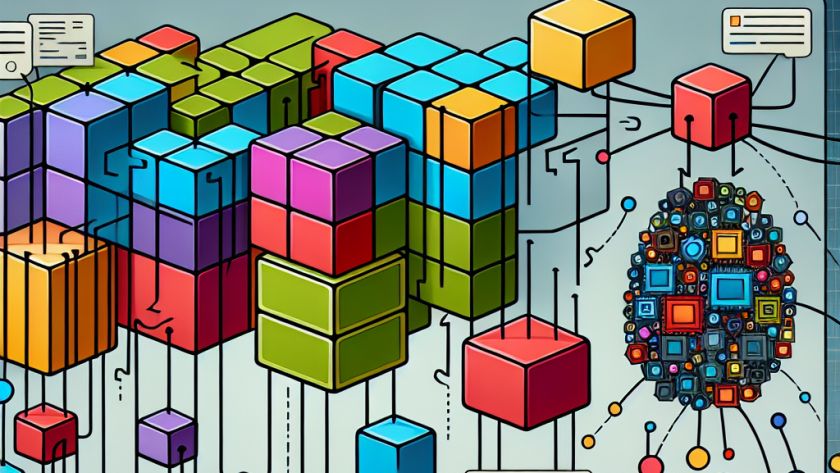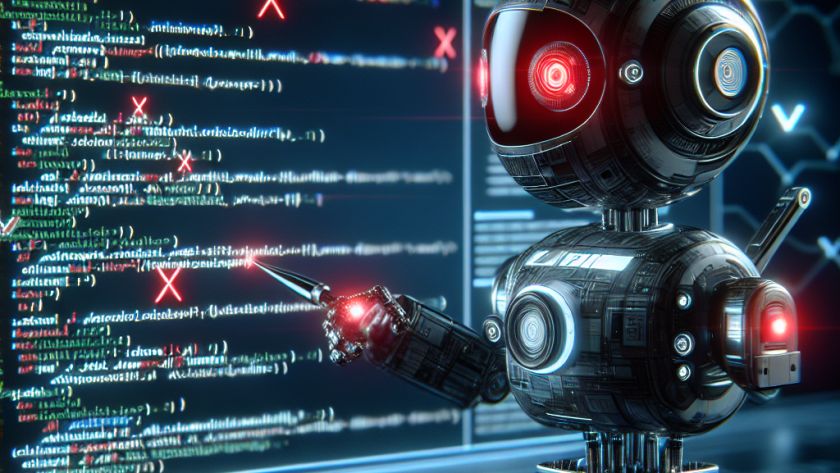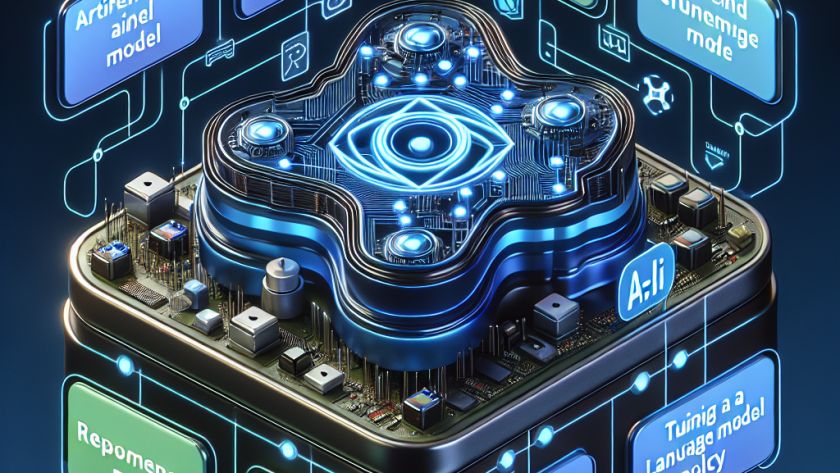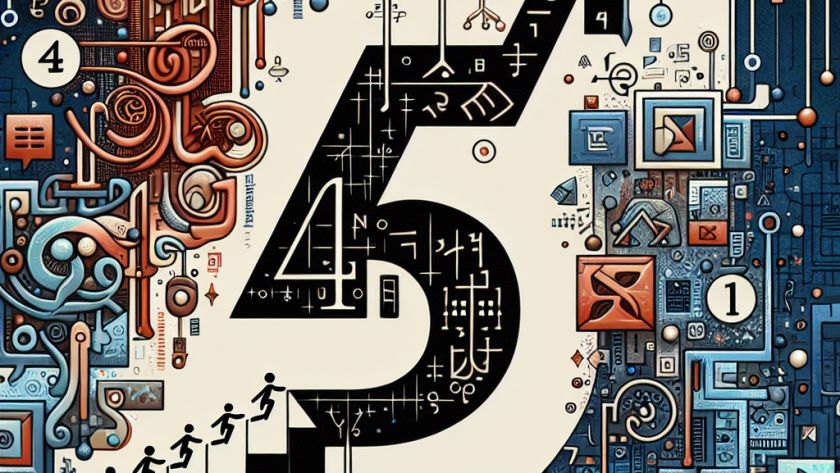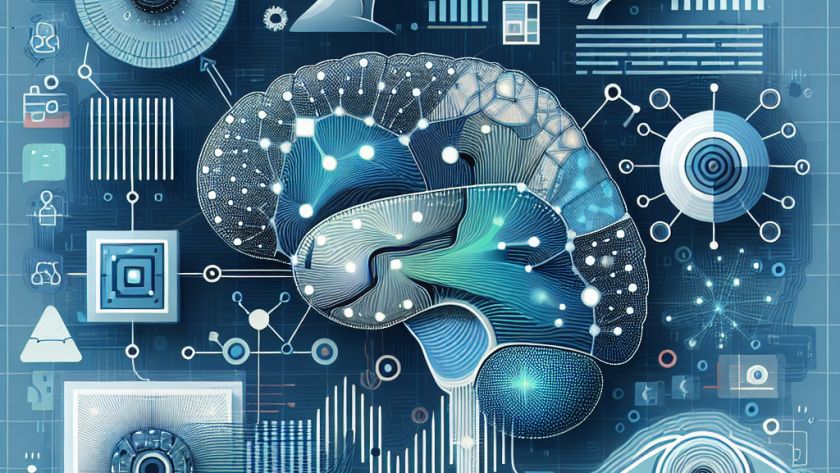Optical Character Recognition (OCR) is a technology that transforms images of text into editable and searchable data. In the modern digital era, OCR becomes a prevalent tool, but it often presents challenges for users due to its complex coding. Developers and researchers often find it difficult making it work smoothly for them.
To address these challenges,…
